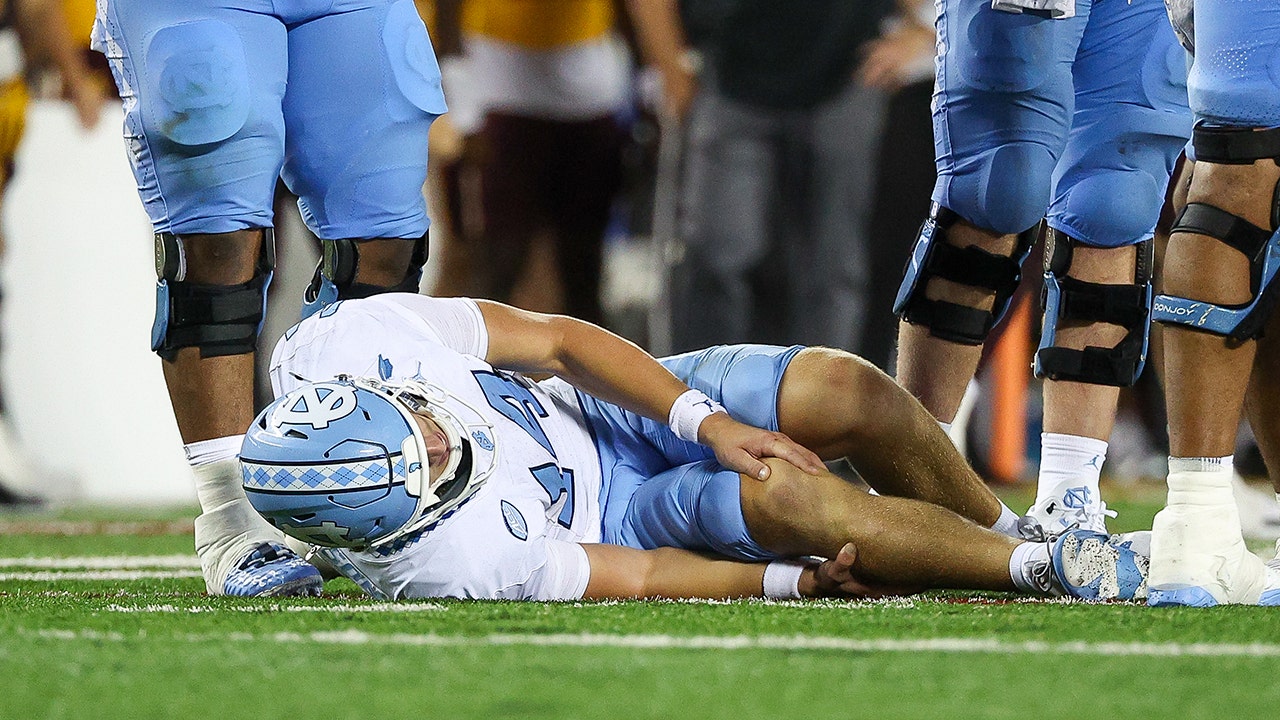This means that borrowers will have to pay more for their personal loans, said an ET report. Lenders regulated by the RBI are required to maintain a certain proportion of capital based on the loan amount they lend. With the increase in risk weightage, lenders now have to maintain higher capital reserves for riskier loans. This will lead to changes for the lenders.
Adhil Shetty of Bankbazaar.com explains that previously, for every Rs 100 in personal loan receivables, the risk-weighted assets would be Rs 100. Due to the new rule, the risk-weighted assets are now Rs 125. Assuming a 9% capital adequacy ratio (CAR), banks now need to set aside 9% of Rs 125, which comes to Rs 11.25 compared to Rs 9 for every Rs 100 in personal loan receivables under the previous rule. This means an increase in capital requirement of Rs 2.25 for every Rs 100, or 20%, he was quoted as saying.
Additionally, credit card receivables of scheduled commercial banks will now have a risk weight of 150% instead of the previous 125%. NBFCs’ risk weights have also been raised by 25% to 125%.
The cycle is simple to understand: To lend more, lenders will need to raise more funds from the market. With all lenders facing the same situation, there will be a rise in demand for fresh funds, leading to higher costs. In order to offset these costs, lenders will lend at higher interest rates.
NBFCs typically borrow money from banks and lend it to consumers. According to Sanjay Agarwal, Senior Director, CareEdge Ratings, the impact on NBFCs is expected to unfold in two ways.
Firstly, banks may adjust loan pricing to NBFCs to counteract the increased capital buffer requirement, potentially resulting in a moderation of bank lending to NBFCs not covered by priority sector lending (PSL) guidelines. Secondly, the increase in risk weights on regulated entities’ unsecured personal loan exposure may affect the capital buffers of NBFCs, resulting in a slowdown in lending in the near term.
Banks and NBFCs with higher exposure to unsecured loans may impose stricter underwriting standards, making access to personal loans more difficult and time-consuming.
As for the interest rates of personal loans, Raoul Kapoor, Co-CEO, of Andromeda Sales and Distribution states that the increase in risk weightage typically makes small-ticket personal loans, particularly those offered by NBFCs, more expensive for lenders. This could lead to higher interest rates or tighter eligibility criteria for borrowers. However, this change will not affect home, auto, or education loans.
According to A.M. Karthik, Senior Vice President & Co-Group Head, Financial Sector Ratings, ICRA, interest rates in the personal loan segment range from 12-13% to as high as 30-35%. The higher cost of capital, due to the risk-weight increase for both NBFCs and banks, along with an increase in banks’ deposit rates and NBFCs’ borrowing costs, will push up interest rates in this segment. Karthik anticipates an increase of approximately 20-40 basis points at the lower end of the existing interest rate range. He suggests that the rise could be more pronounced at the higher end.
The increase in interest rates is estimated to be between 0.20% to 1.5% depending on various factors such as loan components and lenders, feels Agarwal.















































